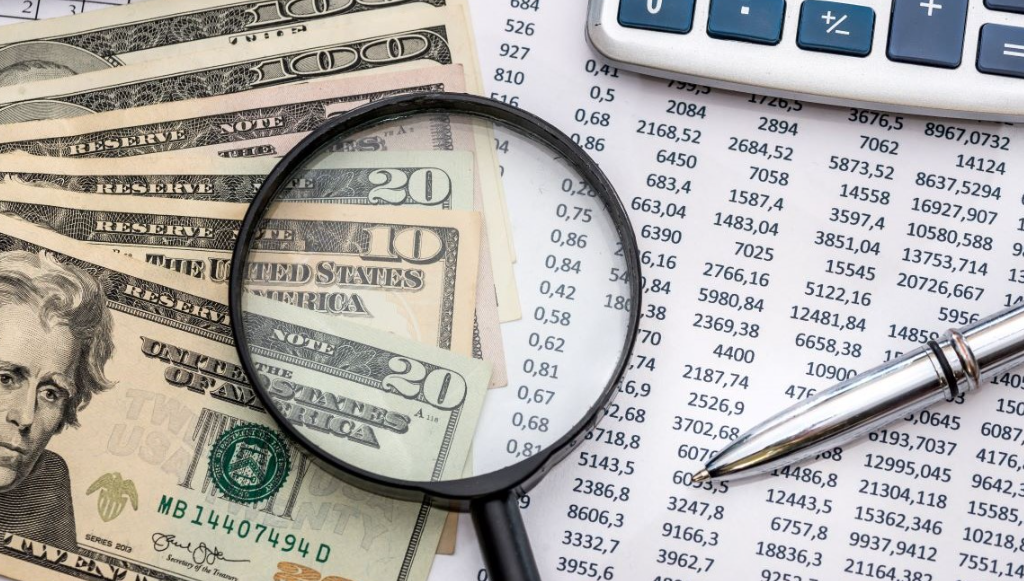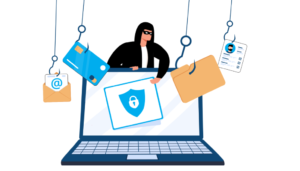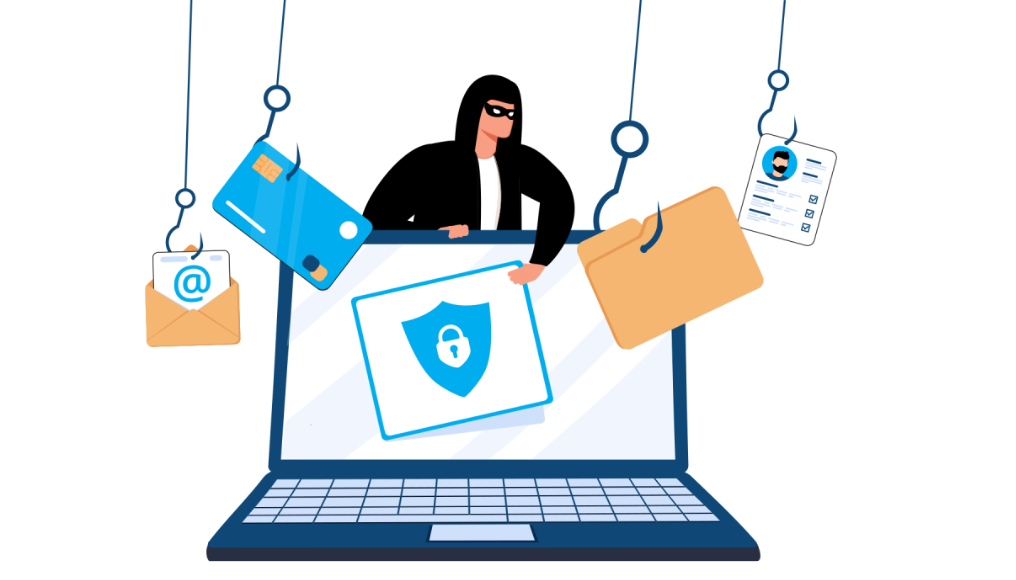The relationship we have with our financial institution can be cumbersome, especially if they are always trying to inundate us with fees. Luckily, there are a few ways we can keep money in the bank without giving it away to our bank. Below are a few ways to avoid paying fees.
1. Read the Fine Print
By law, your bank needs to tell you what they charge fees for and how much. Whenever you get your monthly statement, whether in print or online, make sure to read the fine print to see if your bank is making any policy changes that include changing their fees. By paying attention to these changes, you can take the necessary steps to avoid them. For example, maybe your bank recently decided to charge for any bounced checks. To avoid paying this fee, make sure that before you write a check, there is money in the bank to clear it.
If you notice that you were charged a fee from your bank, but you are not sure why, visit or call your bank and ask. You may learn of a new policy, or you may have found a bank error. Either way, it is a good idea to follow up on questionable debits
2. Bank Consistently
Some banks may charge a fee for basic services, such as a checking or savings account. Sometimes, though, these banks will waive these fees if you have more than one account. Rather than have a checking account at one bank, a credit card through another bank, and your home loan through a third bank, try and keep these accounts with one bank.
3. Don’t Use Other ATMs
If you need to get cash, try to get it directly from your bank or from one of your bank’s ATMs. Most third-party ATMs will charge you an initial fee for using their ATM, and most banks will charge an additional fee for using a competitor ATM. If you stick to using your bank’s ATMs, there is usually no fee.
If an ATM for your bank is nowhere in sight, you can always purchase something small from a convenience store, such as a pack of gum, and use your debit card. Most debit card transactions will ask if you want cash back. If you select yes and choose the amount you want, you are not charged by your bank.
4. Always Keep the Minimum Amount
Some banks will charge you to have a checking or a savings account, but sometimes this fee will be waived if you keep a minimum amount in the bank at all times. Try to always ensure that this minimum amount never leaves the bank, and you will not be charged
5. Set up Overdraft Protection
Every bank will charge you if you spend more money than you have in the bank. Overdraft fees can be very expensive, and if you don’t reconcile the issue right away, you could end up owing way more than you over-drafted in the first place. If your bank lets you, set up some type of overdraft protection. For example, if your checking account goes below a certain amount of money, have a certain amount automatically transferred from your savings account. Doing this will keep money in your checking account at all times, keeping you from ever over-drafting your account.
6. Pay With Cash
If you are worried about writing checks that will bounce or over drafting your account, give up the debit or credit card and pay with cash. Some banks charge fees for debit card transactions, and others have extremely high interest rates on their credit cards. If you want to avoid these fees altogether, cash is your best bet.
It seems unfair that banks nickel and dime their customers in order to make a profit, but there are ways to avoid these silly fees and keep your hard-earned money in your pocket.
Robert Lawrence is a banker and accountant who loves to write in his free time. He is an outspoken advocate of proper grammar and always makes sure to proof his work for grammatical infractions using a grammar checker. He cannot wait to take his family on their annual summer vacation to the Bahamas






